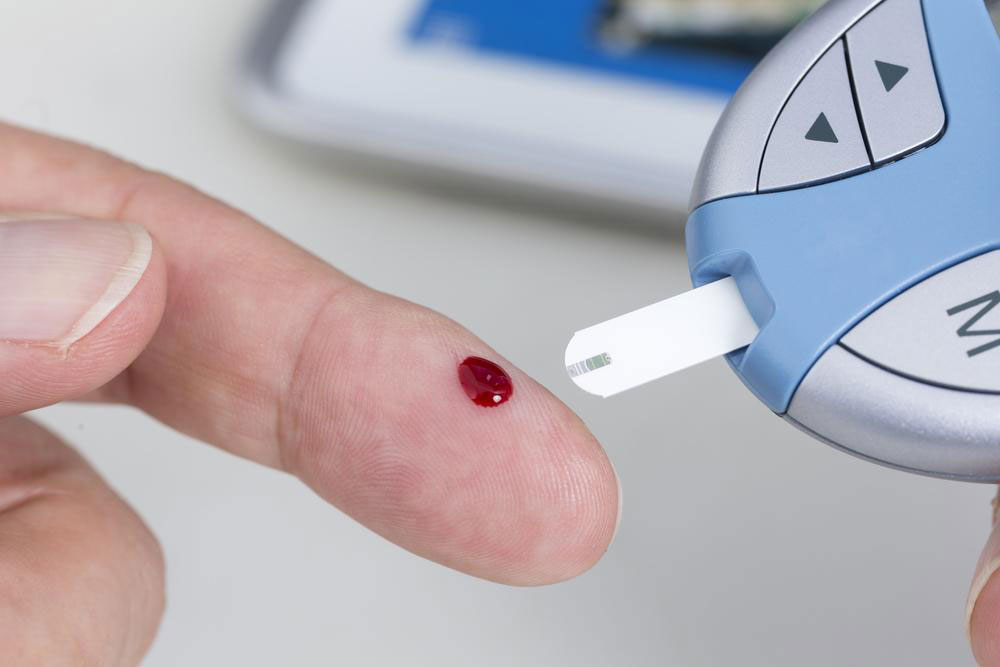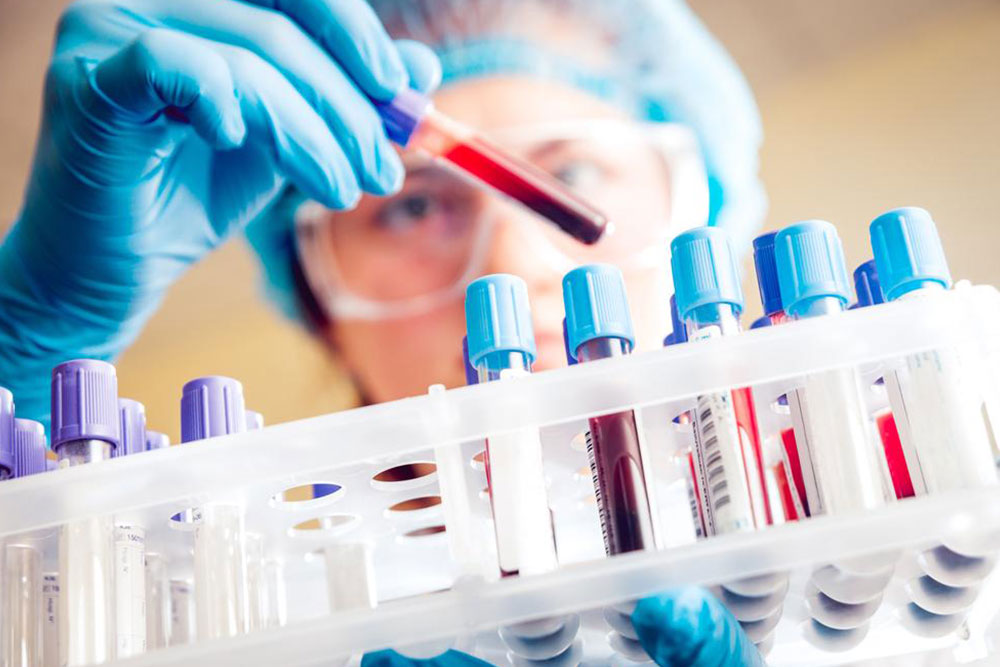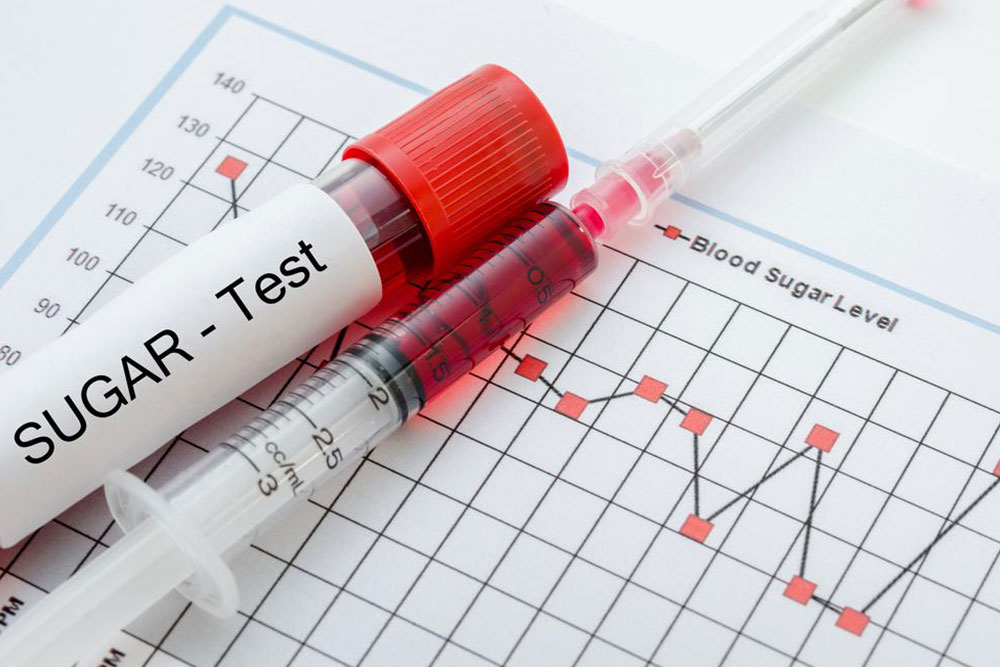Anticoagulant Medications: Preventing Blood Clots and Stroke
This article explores essential blood-thinning medications used to prevent blood clots and strokes. It covers common drugs like Heparin, Warfarin, and DOACs, detailing how they work, administration methods, monitoring requirements, and safety precautions. Understanding these medications helps patients make informed decisions and work closely with healthcare providers to ensure safe and effective treatment. Proper dosage and regular testing are crucial to balancing clot prevention with bleeding risks, making medical supervision vital for safety.

Anticoagulant Drugs for Blood Clot and Stroke Prevention
Anticoagulants, commonly known as blood thinners, are medications designed to reduce the risk of blood clots and strokes. Millions in the United States use these drugs, especially those with atrial fibrillation, a common heart rhythm disorder. The correct dosage is determined through blood tests, sometimes weekly, to ensure safety and effectiveness. Proper dosing minimizes bleeding risks while effectively preventing clot formation. Adjustments are critical to balance the benefits and potential side effects of these medications.
Standard treatments include:
Unfractionated Heparin (UFH): A quick-acting injectable drug that works with natural body proteins to prevent clotting. Administered intravenously or via subcutaneous injection, initial doses are based on body weight. Continuous blood tests ensure proper dosing during treatment.
Low Molecular Weight Heparin (LMWH): This derivative of UFH has longer-lasting effects and is easier to manage at home through subcutaneous injections without frequent blood tests. The dose depends on body weight and is generally more convenient than UFH.
These medications mitigate clot risks effectively.
Warfarin: An oral anticoagulant, often prescribed for extended periods, from weeks to lifelong. It works by inhibiting liver proteins essential for clot formation. Regular blood monitoring guides dosage adjustments.
Direct Oral Anticoagulants (DOACs): Newer drugs on the market, DOACs don't require regular blood tests. They inhibit fibrin production, a key component in clot formation. Fast-acting and with lower bleeding risks, they are as effective as Warfarin and preferred for many patients.
Despite their efficacy, anticoagulants carry a risk of serious bleeding. Always consult a healthcare professional and follow prescribed dosages carefully.









